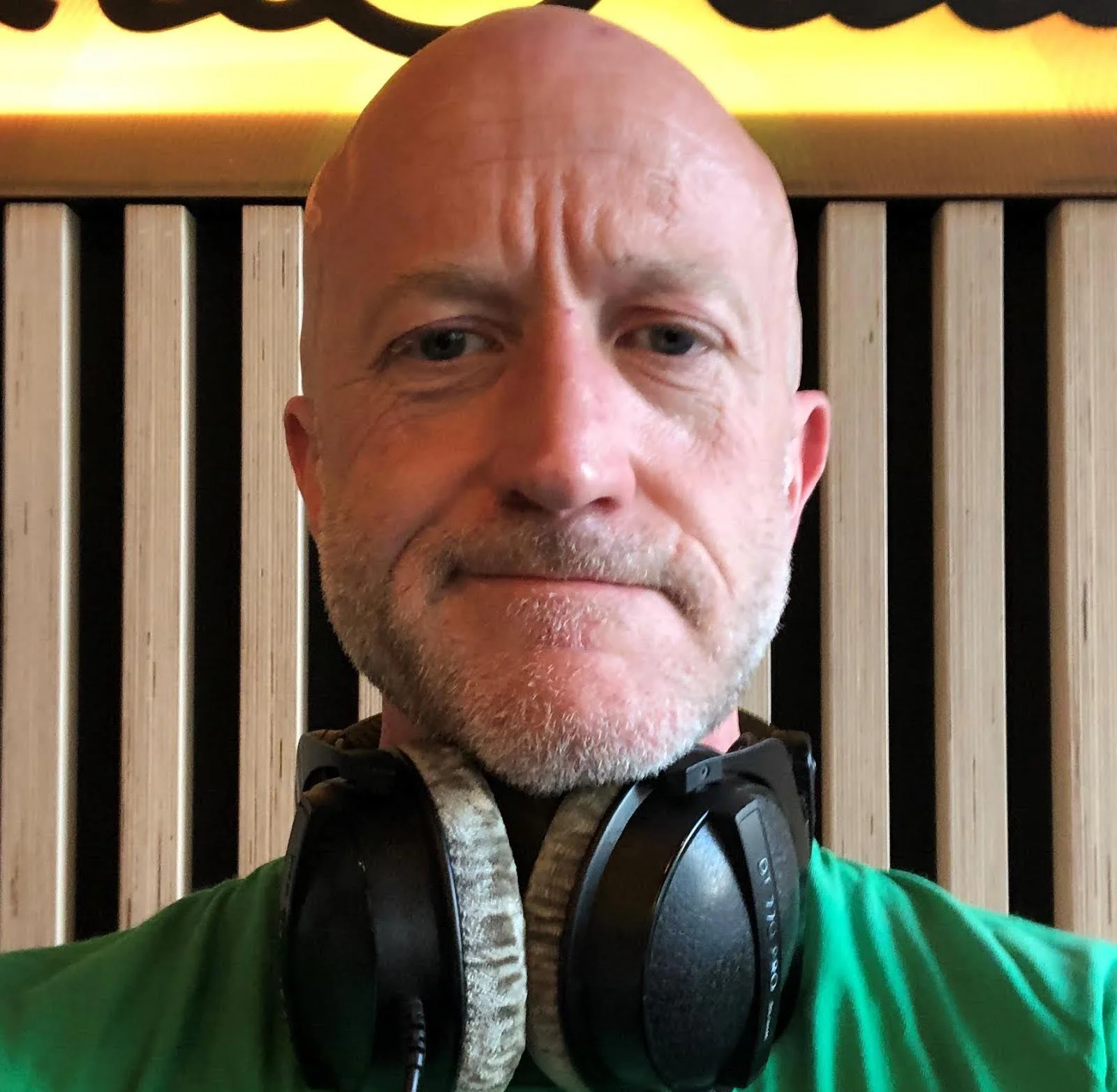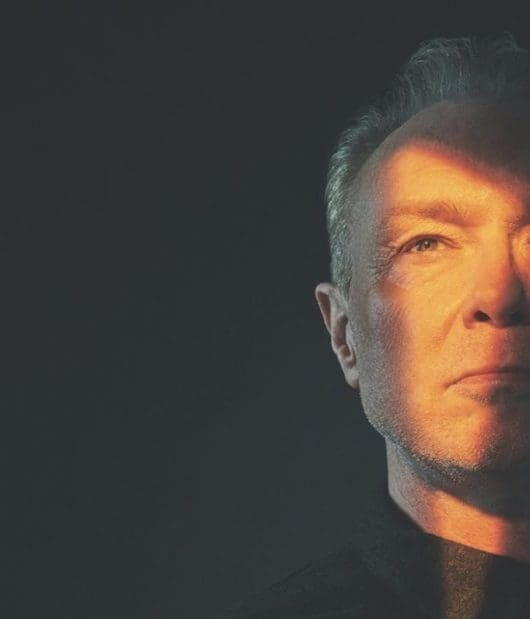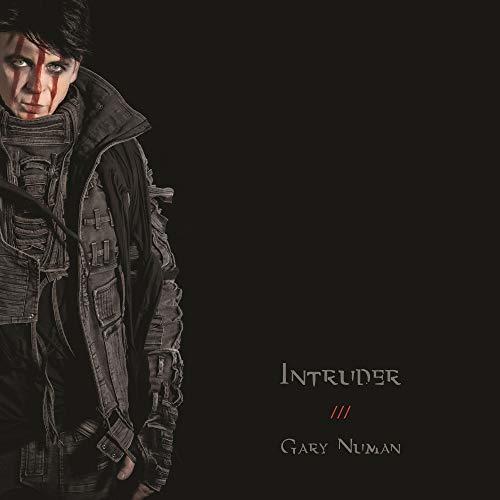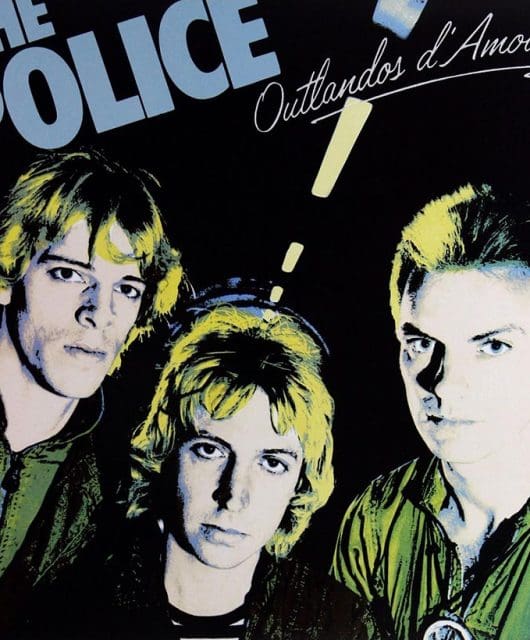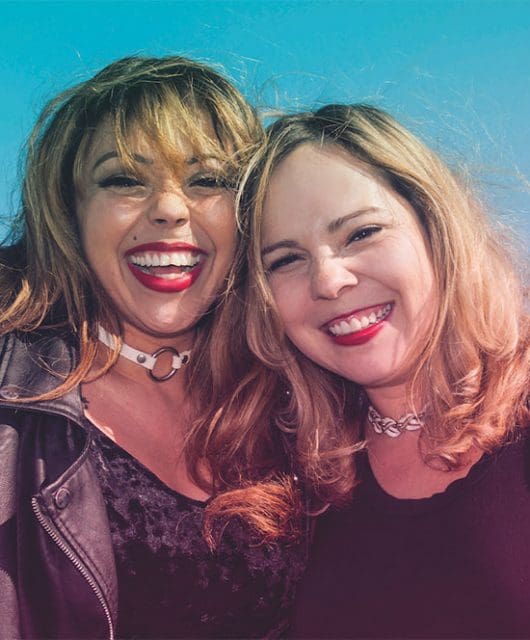Sam Brown interview: “I don’t want to criticise anyone who wants to look like a doll”
By Ian Wade | February 7, 2023
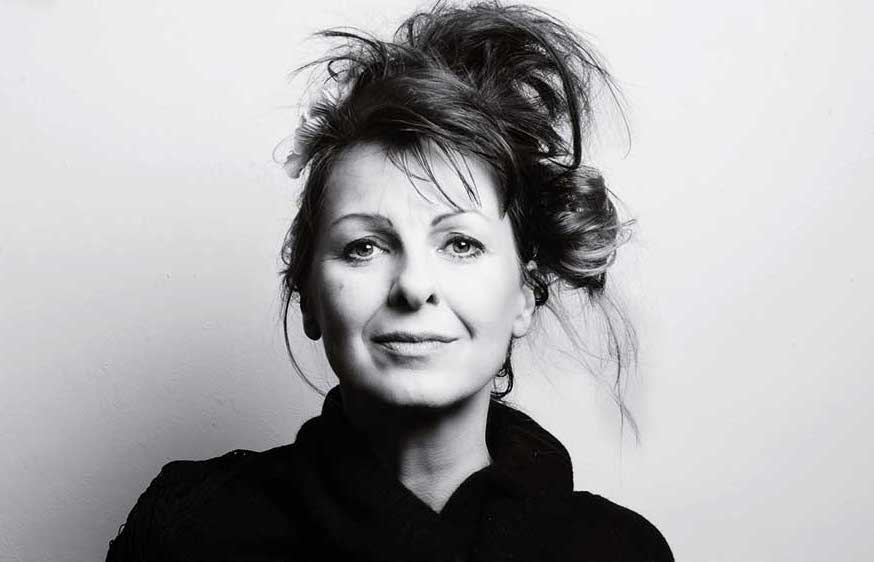
How Sam Brown came back from the silence (with a little help from ukuleles)…
Back in 1989, Sam Brown whisked her way to the top with the anthemic single Stop! and a handful of chart hits, transforming the life of a session singer who’d worked with the stellar likes of Small Faces, Pink Floyd and Spandau Ballet.
In 2007, she lost her voice and could no longer sing or hit the notes she used to. Undeterred, Brown adapted to her new predicament and has since been running ukulele clubs across the world. Her new studio album, Number 8, is released next January.
Tell us about the new album, Number 8…
I’ve got this friend who I’ve known for years, Danny Schogger, who suggested we should write together. I’d started working up a couple of instrumental pieces using a funky little keyboard that I have – I was just fucking about with it really, to be honest with you.
Many of the themes were electronica, a lot of sequenced music, which I love. We soon got into our stride, it just happened really easily and quickly.
I recorded the vocals then just stuck them in Melodyne [music-making software], so that I could add harmonies and stuff like that. I suppose I discovered another kind of creative process in that way.
Was it a case of finding your voice again?
Well, I find that I know what my voice can do. Now, I can sing quite low. And, you know, I haven’t really got any range, but I can get a half-decent tone on the lower notes. So, I knew that if I could get a good tone, I could slightly move it [with the software] and it would sound OK.
Singing was what defined me as a person, without wishing to sound too heavy about it. It’s now 15 years since 2007, and I’ve obviously pursued many different ideas, suggestions, routes: I’ve done voice training, I’ve done speech therapy.
- Read more: Top 20 compilation albums
I’ve had a couple of operations to remove polyps, which I suspect were there because of the problem with the voice, rather than causing it in retrospect. I’ve tried all sorts of different things, and none of it has changed [my voice]. It’s been really hard to deal with.
I think there’s still an underlying sort of depression, which will probably never go away because I’ve been singing my whole life and absolutely love singing. I loved it.
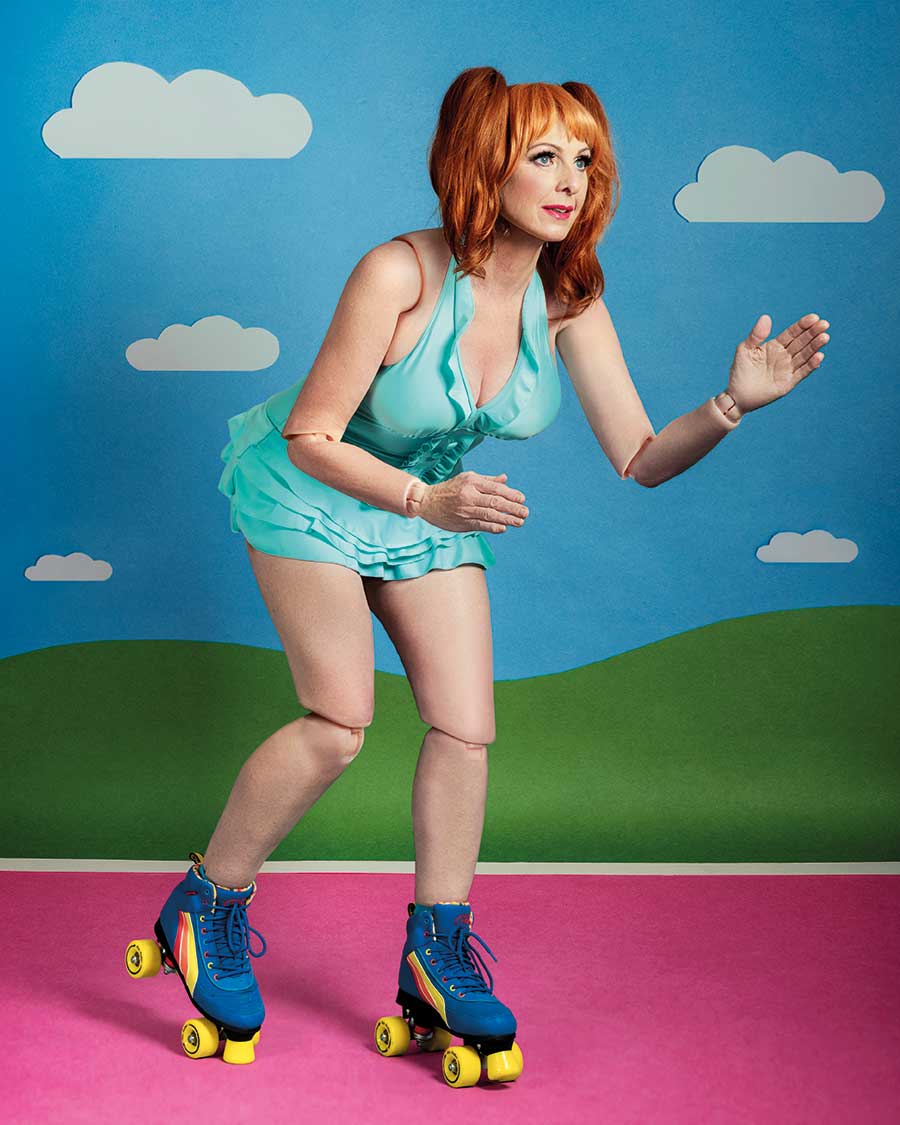
How did you cope with that loss?
I tried all sorts of things. I’ve worked for my friend who’s a florist, I sanded floors, I did loads of stuff. I’m very lucky because I do have a small royalty income, but because I was on my own with two kids, I did get into quite a lot of debt and eventually had to sell my house. But, you know, things like that don’t really bother me as long as you can find a way of making it work, it’s fine.
- Read more: Top 20 80s pop duos
You’ve been running ukulele clubs. How did that all come about?
The first club I started in 2010 was nine people in my front room and I really didn’t think it was going to work. I’d had a few drinks one night with some mates and made up this name, the International Ukulele Club Of Sonning Common, it was just a joke.
I never for a minute imagined that I would have nine or 10 clubs and be teaching 200 people a week, which is what’s happening now. Then I started a London club and was even asked to go to Australia.
I’ve got three Zoom classes with beginners, intermediate and advanced pupils online. I decided to have an umbrella for the whole thing and called it The Fabulous Ukulele Club.
Does it surprise you how good Stop! has been to you all these years?
Yeah, it does surprise me. It’s almost 35 years ago and I think I’m very lucky. That one song has been incredibly good to me and I’m grateful for it.
The whole royalty thing is really good because as a writer, you have to put in so much time without getting paid for years and years. Stop! was originally released in 1988 and I’ve been writing since I was 12, so it was amazing.
- Read more: Top 20 80s pop instrumentals
We presume you can no longer sing that song…?
When I was singing with Jools [Holland], I could sing it but when my voice actually went, it was… no, just absolutely no way.
That must be pretty heartbreaking for you…
I don’t have a problem with it at all. The drama has gone out of the situation. There’s definitely a sort of residue, because I would love to be able to sing again. But, you know, life goes on doesn’t it?
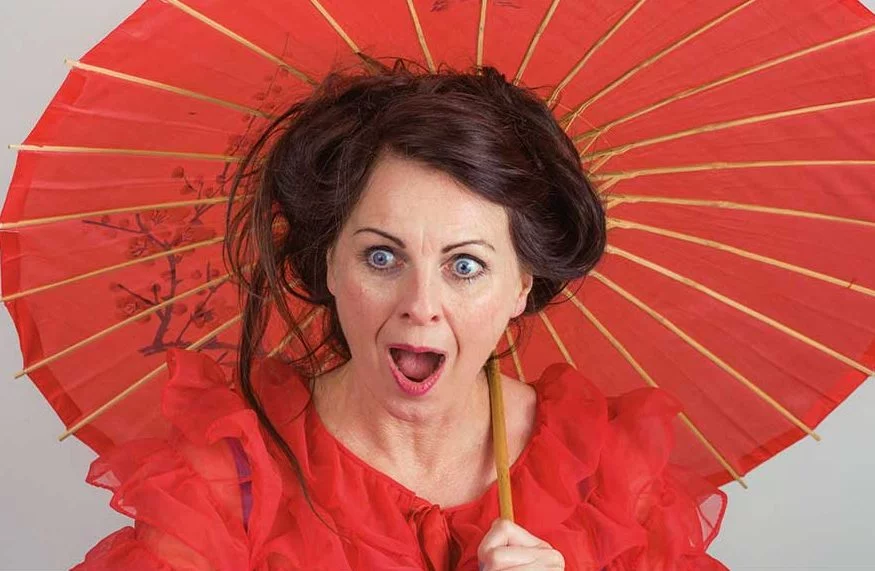
The new album is great. Is it fair to say that you’re presenting a character on the record?
Well, that’s an interesting point, I suppose. In some ways, yes. Not a preconceived, deliberate character, but it’s all about being fake. The lead track will probably be Doll. It was really interesting to write the lyrics because I don’t actually want to criticise anyone who wants to look like a doll.
I’m literally asking the question: ‘Why do people feel they have to look a certain way?’ I’m an old bird, but with social media, people have an opportunity to present themselves in the way that they would like to be seen. I think that’s actually really valuable.
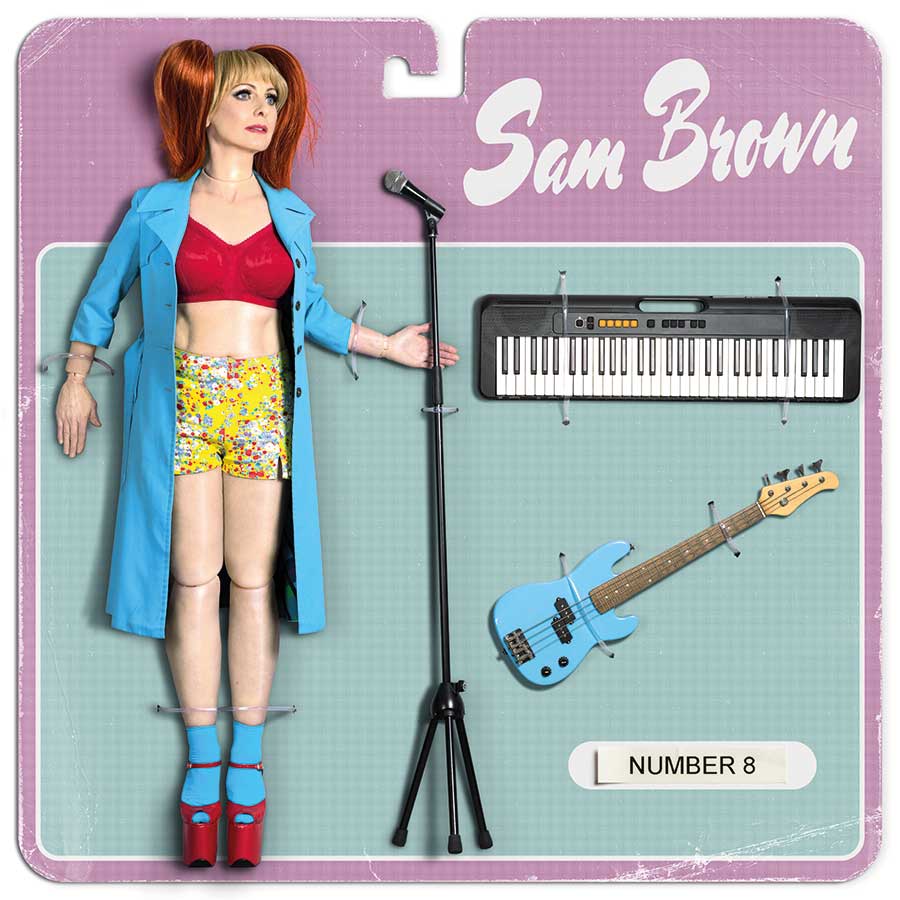
Number 8 follows the pattern of album titles spelling out your name…
I had absolutely no idea whatsoever. I wish I could remember who it was who came up to me and said, ‘That’s really clever what you’re doing with the album titles.’ I said, ‘What do you mean?’ And he said, ‘You’re spelling out your name’. I still didn’t have any idea at the time.
What are you planning to spell out with the next album as you’ve now completed ‘Sam Brown’?
I don’t know. I’ll probably have to start at the beginning of the alphabet or something. Or maybe I’ll call it Number 9…
- Want more from Classic Pop magazine? Get a free digital issue when you sign up to our newsletter!
